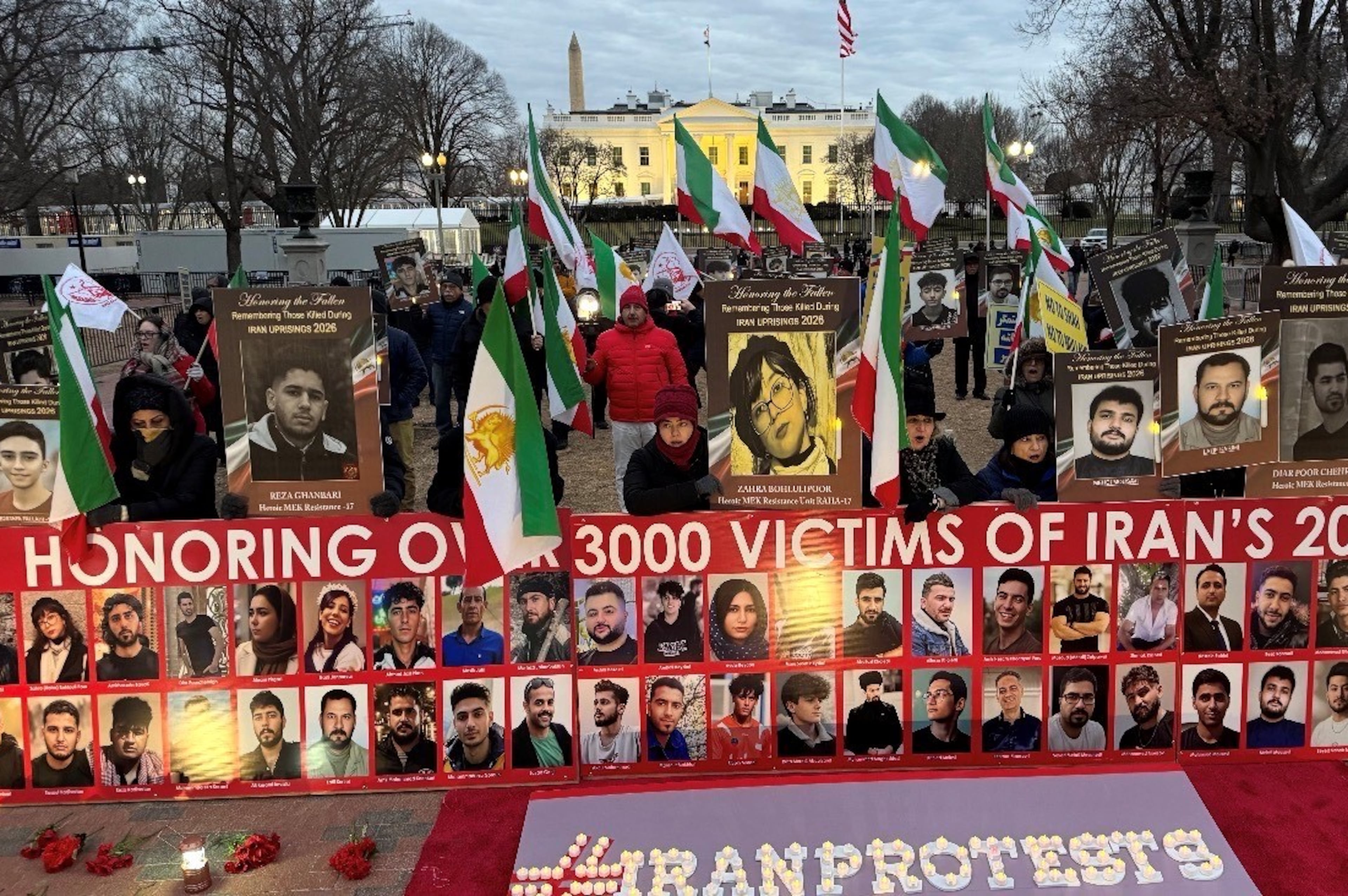Celebrating universal human rights is more important than ever
This year, as part of the celebration of the 75th anniversary of the Universal Declaration of Human Rights, the Carter Center will bring together human rights defenders from dozens of countries to discuss the erosion of human rights globally and the rising threats facing citizen activism throughout the world. The gathering will produce strategies to overcome these setbacks.
Former president Jimmy Carter has often cited the establishment of the United Nations in 1945 and the 1948 adoption of the Universal Declaration of Human Rights (UDHR) as among the most promising events of the 20th century. He has written about how inspired he was that, out of the horrors of World War II, the nations of the world charted a new course, guided by an unprecedented collective commitment to prevent war and address a root cause of war: injustice. He sought during his presidency and through four decades of work with the Carter Center to advance these ideals.
Eleanor Roosevelt was a leading force behind the declaration and famously asked “Where, after all, do universal human rights begin? In small places, close to home — so close and so small that they cannot be seen on any maps of the world. Yet they are the world of the individual person, the neighborhood he lives in, the school or college he attends, the factory, farm, or office where he works. Such are the places where every man, woman, and child seeks equal justice, equal opportunity, and equal dignity without discrimination. Unless these rights have meaning there, they have little meaning anywhere.” She perfectly illustrated the idea of the universality of rights: the link between each individual and humanity at large. The demand for justice is the same everywhere, though contexts are different, serving as a shared basis for human understanding and relations. A key idea behind the UDHR was that if justice is within reach for every person, then peace is possible.

Seventy-five years on, this is a time to take stock. We are living through a low point in the history of the modern human rights movement as devastating wars, a resurgence of authoritarianism and militarism, and a looming climate catastrophe threaten all humanity. This is a hinge in human history, and if the human species is to progress and thrive, we must rally around common principles that can serve as guardrails for human behavior. It is time to renew our commitment to universal values.
The key word in the name of this landmark global agreement — universal — has too often been a false promise, leading to accusations of hypocrisy against those who criticize abuses perpetrated by their adversaries but fail to correct their own bad behavior. The United States often cites atrocities carried out by Russia, China or Venezuela, among others, but is unwilling or reluctant to do so when it comes to its own conduct or that of allies such as Israel, Egypt, Saudi Arabia or Rwanda. Abandoning the universal nature of human rights weakens the entire project.
Carter has long asserted that war is the greatest human rights violation because once it begins, rules and values are destroyed along with human life and the places people live. This is on full display in Gaza, the Democratic Republic of the Congo, Ukraine, Sudan and elsewhere. Carter also realized that patterns of human rights violations often lead to conflict and war, making the early detection and remedy of human rights abuses an urgent priority. Had the patterns been addressed early in the three above situations, the horrific destruction that unfolded could have been prevented.
The UDHR defines human rights broadly to include civil and political rights as well as cultural, economic and social rights. If our nations applied through our laws and policies the Declaration’s Article 7 assertion that “All are equal before the law and are entitled without any discrimination to equal protection of the law,” there would be greater trust in government and fewer aggrieved citizens. Women would enjoy equal rights and protection from persistent levels of sexual violence, and anti-Black violence would be addressed with great urgency.
We can imagine how the world would be different if UDHR Article 25, which establishes the “right to a standard of living adequate for the health and well-being ... including food, clothing, housing and medical care and necessary social services” served as a basis for making law and implementing economic and social policies. The result would be the elimination of extreme poverty, a level of well-being that would uplift the most disadvantaged and engender confidence in government. Climate justice would be a high priority.
This is a vision we must embrace with renewed vigor.
One of the most important actions we can take now is to protect the safety and amplify the voices of those who have dedicated their lives to documenting and reporting on patterns of human rights abuses. Human rights defenders can be movement leaders, lawyers, journalists, doctors and even government officials who speak truth to power from within. Their role is to alert society about injustice and coming trouble and to propose alternative policies and laws. Too often, such people are ignored, persecuted or killed as retribution for their work. Carter called them “human rights heroes” during the many convenings of the Carter Center’s Human Rights Defenders Forum that were held regularly under his leadership.
Though Carter will not be in attendance this year, the forum will bring together human rights defenders from all over the world and serve as an opportunity to reflect on these vexing challenges and discuss solutions that will chart the way forward.
Clinging to the principles of human rights and peace has become more urgent than ever.
Karin Ryan is senior policy adviser of the Human Rights Program at The Carter Center.


